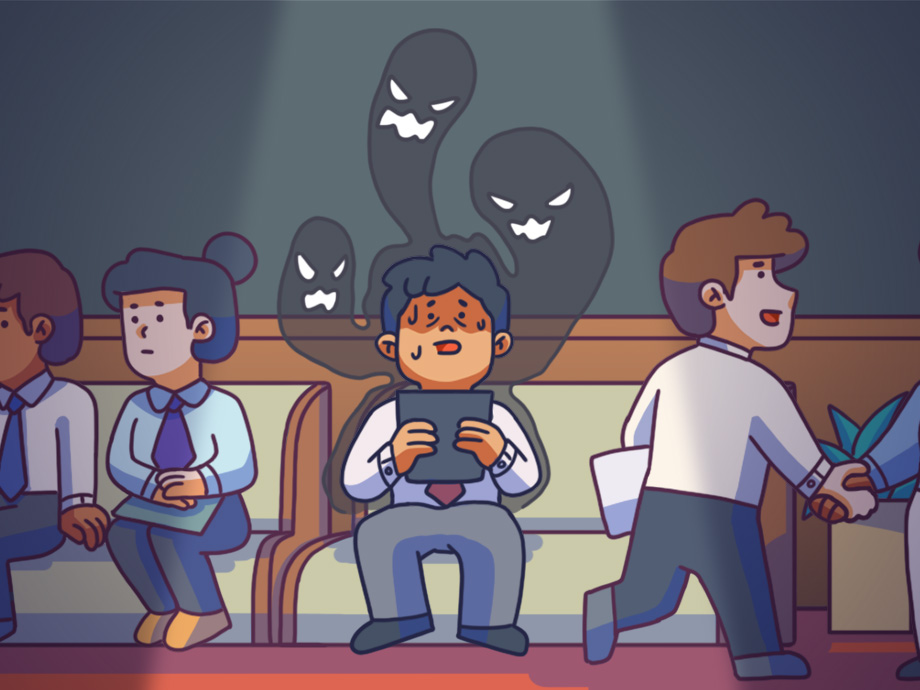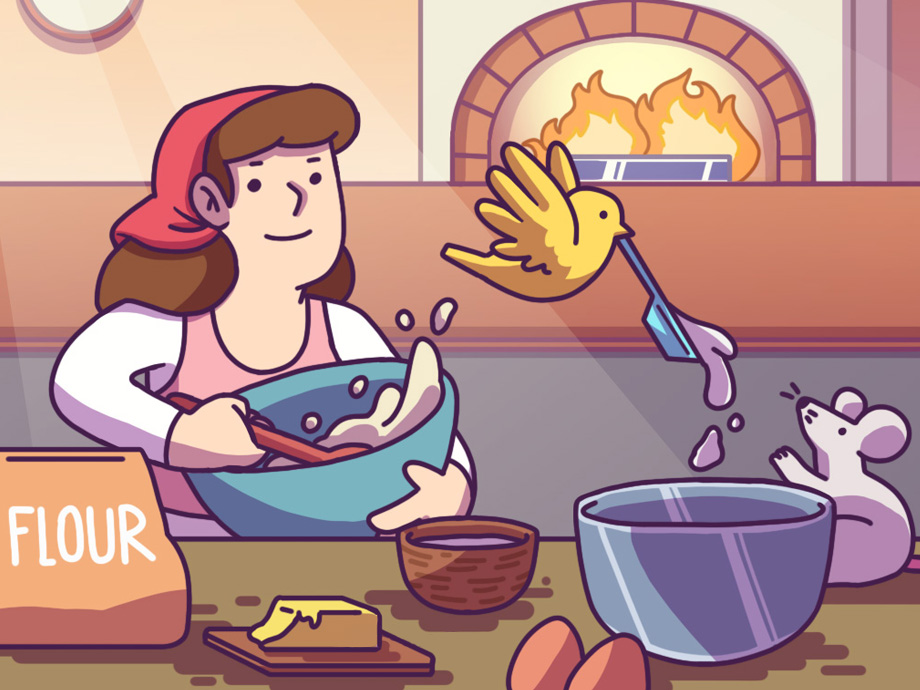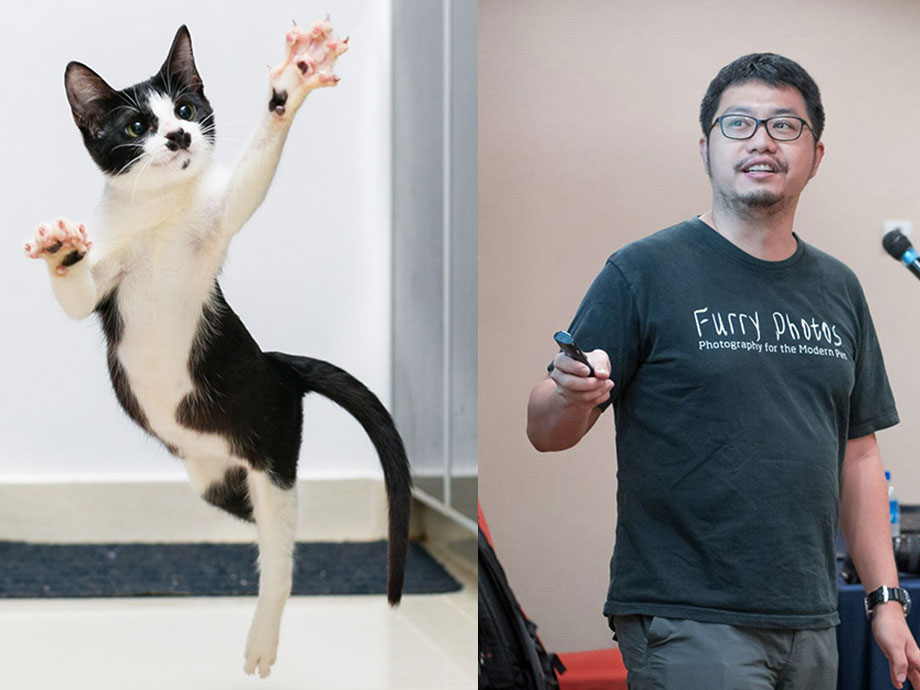Career & Education | Life | Personal Stories | Article
3 Local Entrepreneurs Share Lessons Learnt While Building Their Online Business
by Asher Mak | 30 Jun 2022 | 10 mins read
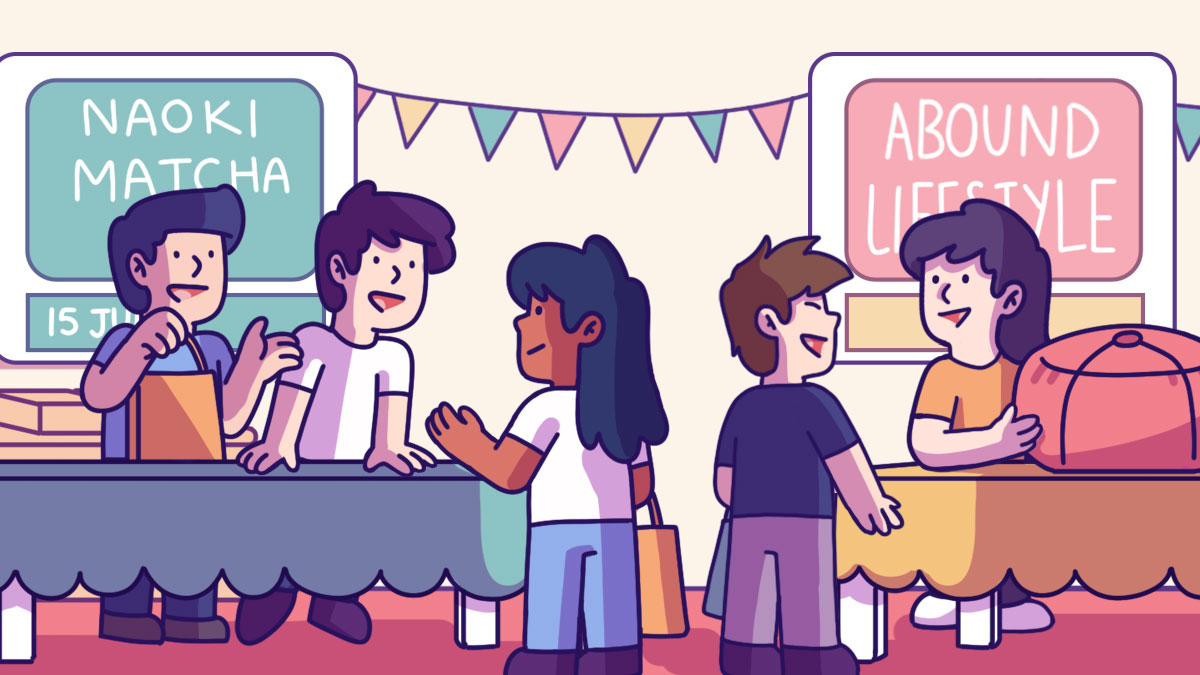
This article is brought to you by Amazon Global Selling (Southeast Asia)
Earn money on the side while still doing your full-time job. Few people would say no to having more money in their bank account.
And for some, if their side hustle or online business takes off, they decide to plunge into it full-time. While it may look easy on the outside, behind it is lots of blood, sweat and tears, and yet it produces satisfying rewards both personally and financially.
Three Singapore-based entrepreneurs who successfully transitioned from salaried employees to a full-time business owners share about their online entrepreneurial journey and the lessons they learned along the way from starting to scaling international businesses.
You don’t need prior experience or a lot of money to start
Experience can help, but it’s not a pre-requisite to succeeding in business. Abound Lifestyle owner Crystal Ren first started her online business selling homewares on Amazon.com while she was still working as a management consultant.
Crystal, who wanted to be an entrepreneur for many years, expresses that you need the right mindset to start a business; “It was simple — I traded a life that I knew I didn’t want for something that at least I’d enjoy the journey, regardless of the result.”
For most people, leaving a steady job to plunge headlong into a business feels like a risk. However, Crystal thinks differently. She explains, “Risk is in the eyes of beholder. Wasting your life doing something you don’t like is a bigger risk.”
She transitioned to consulting on a freelance basis to support her cashflow at the beginning. Eventually, as her business took off, she switched to running Abound Lifestyle full time, which was where she wanted to be.
Related
Samuel Loo and Chiam Sing Chuen of Naoki Matcha, always dreamt of starting a business but they didn’t have a lot to start with. Samuel shares, “We had nothing at the start. No special connections, no experience, hardly any capital.”
But that didn’t stop the duo from keeping a lookout for the right opportunities. During their final year at university in 2016, they began experimenting selling various products online such as cups and glassware. Through learning by doing, they eventually landed on a niche that worked for them – selling matcha.
Since they didn’t have the capital to start a physical store, Samuel and Sing Chuen had to “look for places where customers were already gathering” with minimal capital outlay.
This led Samuel and Sing Chuen to explore Amazon.com as their starting point as the e-commerce store with a ready base of customers would also help them handle the logistics while they focused on heading to Japan to source for matcha suppliers.
Like Crystal, the pair continued at their jobs as a corporate lawyer and a tech executive before plunging full time into Naoki Matcha in 2020 when they felt that their online store was pulling in enough monthly income.
“When we started Naoki Matcha, we did not know that it was the business we would leave our careers for,” Samuel and Sing Chuen explain their “wait-and-see” attitude towards their business. “If the business had stalled, we would have probably have continued in our careers; they were well-trodden paths after all. This mindset slowly changed over the years as things fell into place, and we were convinced of its potential.”
Find your niche and your market to succeed
Before she sold the blankets and homeware that Abound Lifestyle is now known for, Crystal’s first product for sale was a USB light. However, there was a lot of competition and many competitors started offering the same product for a lower price. The price war was something she was unable to fight as it meant further reducing already thin profit margins.
Eventually, she found her niche by focusing on “premium and high-quality products”. “Test different products — the earlier you get it into the real world, the faster you can learn from the feedback,” she shares.
Despite being based in Singapore, Crystal was able to establish a presence in a huge consumer market like the US.
Crystal attributes her success of cracking the US market as being a keen observer of what’s trending. She shares, “Even from a distance, you can get an idea. It comes down to your own savviness [to understand] what consumers want.”
During the pandemic, many American millennials who were stuck at home started sharing their newfound interest in home decoration and houseplants on social media. Crystal caught onto these trends and created the Succulent Pillow, a hand-sewn plush pillow in the shape of a succulent that hits a spot for both decoration and houseplant enthusiasts.
Related
As for Samuel and Sing Chuen, they’ve always had a personal interest in matcha. When researching the viability of selling it, they noticed that the right market for their ceremonial-grade matcha may be overseas, specifically in the US.
“We saw that matcha was becoming very popular in the US just based on the sales rank on Amazon, and it was also blowing up on social media. But everyone saw it as a healthy superfood kind of product. The focus was on antioxidants, possible weight loss effects,” they share.
As “no one was talking about the taste and flavours you could get with matcha”, they decided to hone in on those aspects with their marketing to capture a different segment of the market and their decision paid off.
Tapping into the US market is helped by using an online e-commerce store that already had built-in fulfilment offerings that could handle larger sales volumes in the market they wanted to penetrate. Scaling a business became easier when they saw an increase in demand because the platform allowed them to handle orders without having to worry about warehousing, rental, and other additional costs that can come with a brick-and-mortar business. “Whether we had 10 orders a month or 10,000 orders a month, the incremental amount of effort on our end was minimal.”
As for getting their foot into the tea industry, the pair describe it as “nothing to it except persistent networking and a bit of luck.”
They explain their process, “When we meet people involved in the tea industry, we talk to them and try to learn from them, tell them problems we face and occasionally, they share a helpful contact which we pursue. What helped was that we were green tea fans, so we were naturally quite fascinated with the subject.”
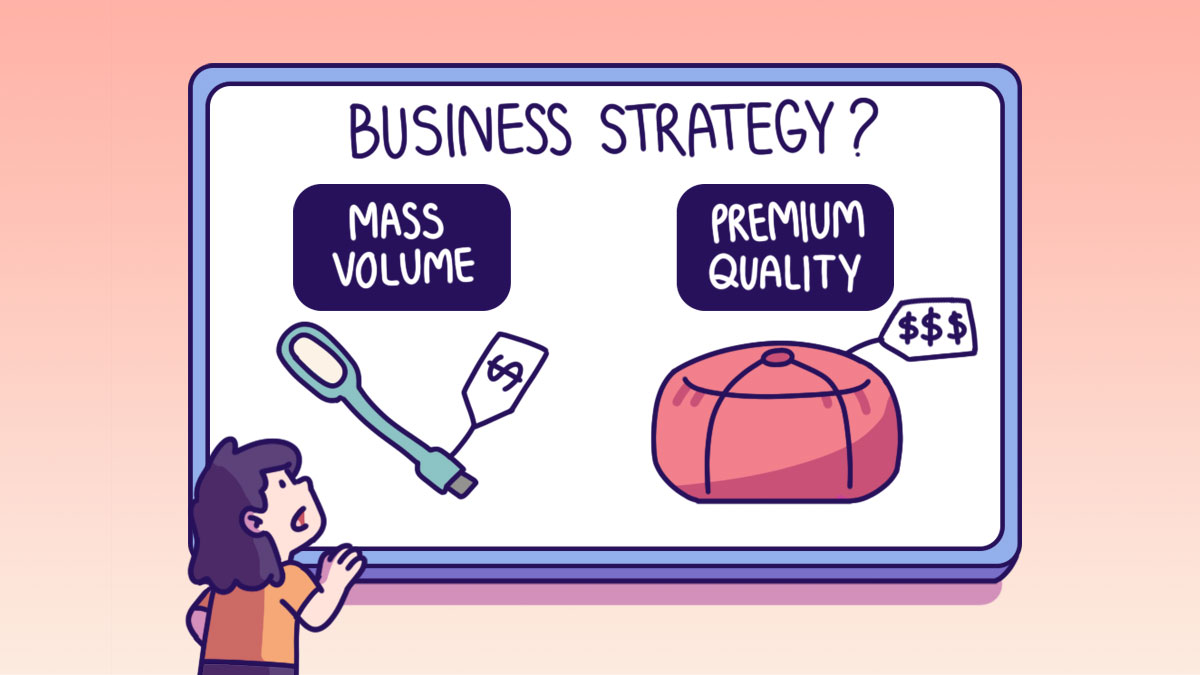
Some failure is inevitable: Treat mistakes as an opportunity to improve
Though selling the USB light was a mistake, instead of seeing the incident as a setback, Crystal views it as an opportunity to improve. “If it doesn’t work, you tweak, if it doesn’t work, you tweak again. If it really doesn’t work, you move on to the next idea,” she says.
And if she had not managed to make something out of Abound Lifestyle and had to shut it down, she would still have proudly added it to her CV. “The startup experience will never be a waste, it will always show up as a positive experience later.”
Samuel and Sing Chuen too have made many mistakes but they “do not dwell on them too much” and focus on finding new ways to enhance their customer experience.
Samuel and Sing Chuen share that being an expert in your product and iteration is the key to succeeding in foreign markets. As matcha aficionados, they have sampled more than 300 types of matcha to date. Through experimentation and sales data, they began to understand how certain markets favour different flavour profiles.
Customer reviews also “provide immense value”, and they rely heavily on it to make improvements. “[Customer reviews give] you the data points you need to improve your product offering and better meet the expectations of the customer. Once you do that, [the] more people like the product, they [will] tell their friends and so on.”
“Generally, we found that Singaporeans really love a strong matcha flavour and that affects how we recommend people enjoy the product,” shares Samuel. “In the USA for beginners we recommend 350ml to 1 tsp of matcha powder to try out matcha tea. In Singapore it’s only 200ml.”
Since its inception, Naoki Matcha has expanded beyond the US market to the UK, and is now selling through a dedicated Singaporean site, naokimatcha.asia, with recipes that cater to Singaporeans’ love for a stronger matcha flavour in their drinks.
Related
You will grow to meet the needs of your business
Though entrepreneurship was an arduous journey, Crystal doesn’t regret her decision and she’s happy for the personal growth she has gone through during this journey.
“Entrepreneurship gives me a lot of ownership and it’s the fastest way for me to grow as a person,” she explains. “You need to push yourself into a situation where it’s really hard to get out. That’s where you realise the amount of strength you have within you.”
She adds, “You need to know your own emotional state [and] what makes you happy. The more you know yourself, the more well-equipped that you are to deal with hardships of entrepreneurship. One thing that is important in business is not to be swayed by your own emotions.”
Finding a support group is extremely important for any entrepreneur as it can feel lonely at times. The support group should provide encouragement, and can be any body such as friends, family and even peers you find through organisations, shares Crystal.
Growing the business and getting better at it, according to Samuel, is a matter of consistency. “By growing consistently, the volumes you are able to commit to grow and the market experience you bring starts to show.”
He also emphasises the importance of choosing the right market and not being afraid to explore cross-border opportunities to scale a business. “Because we were serving the USA market where even a tiny incremental slice of the market is a large number on an absolute basis. We suspect that if we had chosen to start by serving the smaller markets first, we may not have reached these same outcomes.”
Content sponsored by Amazon Global Selling
A message from our sponsor
Both Naoki Matcha and Abound Lifestyle are Amazon global selling partners based in Singapore. Amazon Global Selling helps Singapore businesses, brands and entrepreneurs reach millions of customers across 20 Global Stores from Amazon.com to Amazon.uk, giving local brands an international boost. And the orders are shipped to customers around the world to over 200 countries through Fulfillment by Amazon, which has more than 400 Global Fulfillment Centres.
There is no such thing as an e-commerce degree and many of Amazon’s selling partners like Samuel, Sing Chuen and Crystal, come from diverse backgrounds and succeed because of their passion for their products and their commitment to explore cross-border e-commerce opportunities with Amazon Global Selling. You can find out more about how you can launch your brand on Amazon.com at sell.amazon.sg/goglobal and get selling tip and inspiration on the Amazon Global Selling’s Facebook page.








